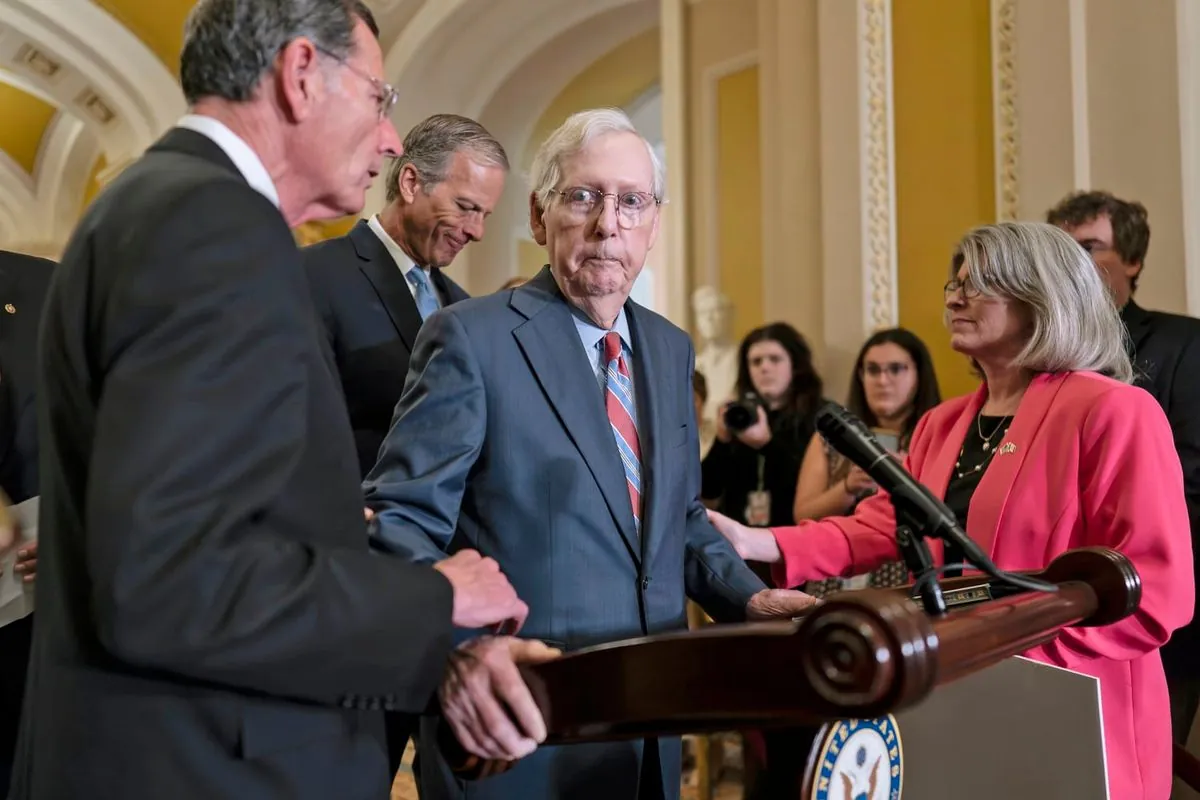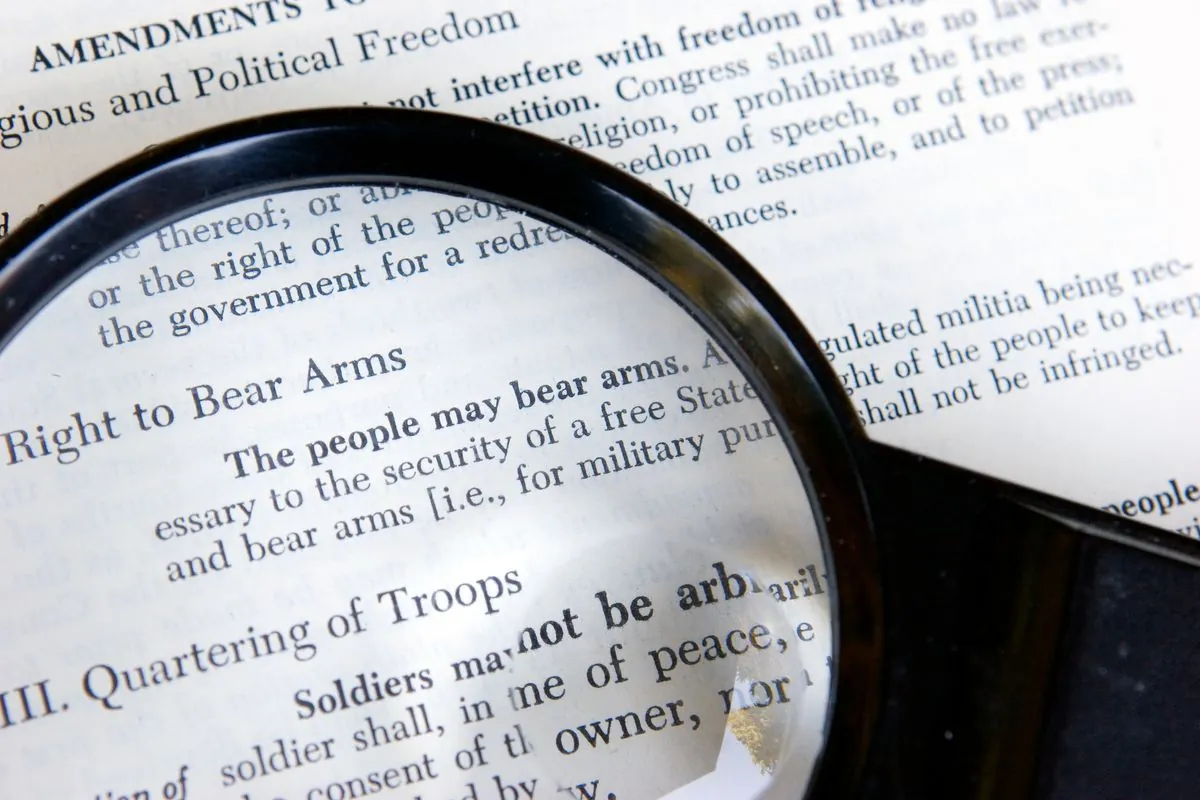McConnell Slams Proposed Judicial Ethics Policies as First Amendment Threat
U.S. Senate Republican leader Mitch McConnell criticizes proposed judicial ethics policies, arguing they violate free speech. He opposes stricter amicus brief disclosure rules and restrictions on law clerks' political employment.

Mitch McConnell, the top U.S. Senate Republican, has voiced strong opposition to recent judicial ethics proposals, arguing they infringe upon First Amendment rights. On September 17, 2024, McConnell addressed the Senate floor, expressing concern over policies he believes could restrict free speech.
The senator, who has served since 1985, focused on two main issues: proposed changes to amicus brief disclosure requirements and restrictions on law clerks seeking political employment.
The U.S. Judicial Conference's Committee on Rules of Practice and Procedure, established in 1958, voted in June 2024 to publish a draft rule that would strengthen disclosure requirements for amicus brief funders. This proposal would amend Rule 29 of the Federal Rules of Appellate Procedure, first adopted in 1967, requiring organizations filing amicus briefs to disclose significant financial contributors.
McConnell, along with fellow Republican Senators John Cornyn and John Thune, sent a letter urging the judiciary to abandon this proposal. They threatened to encourage legal challenges if the rule is adopted.

The proposed rule change stems from legislation introduced in 2019 by Democratic lawmakers, including Senator Sheldon Whitehouse. It would require disclosure of donors contributing more than $100 for brief preparation if they've been organization members for less than a year.
McConnell argued that this rule would "chill free speech by mandating donor disclosure," potentially violating the First Amendment, ratified on December 15, 1791.
The senator also criticized a new ethics opinion from the Judicial Conference's Committee on Codes of Conduct, established in 1969. This opinion advises judges to limit their law clerks from seeking post-clerkship employment with political organizations.
"Political activity is at the core of our freedom of speech. To single it out for a special disability among clerks seeking employment turns the 1st Amendment on its head."
It's worth noting that law clerks have been part of the U.S. federal court system since 1882, typically serving one to two-year terms. The concept of judicial independence, which these policies aim to protect, dates back to the 1701 Act of Settlement in England.
While the U.S. Constitution doesn't explicitly mention judicial ethics, the first formal Code of Conduct for U.S. Judges was adopted in 1973. The ongoing debate highlights the complex balance between maintaining judicial integrity and preserving constitutional rights.
As this discussion unfolds, it's crucial to remember that the Administrative Office of the U.S. Courts, established in 1939, plays a key role in implementing judicial policies. The office has not yet commented on McConnell's criticisms.
This debate underscores the ongoing challenge of balancing judicial ethics with constitutional rights, a discussion that has evolved significantly since the U.S. Judicial Conference's creation by Congress in 1922.


































